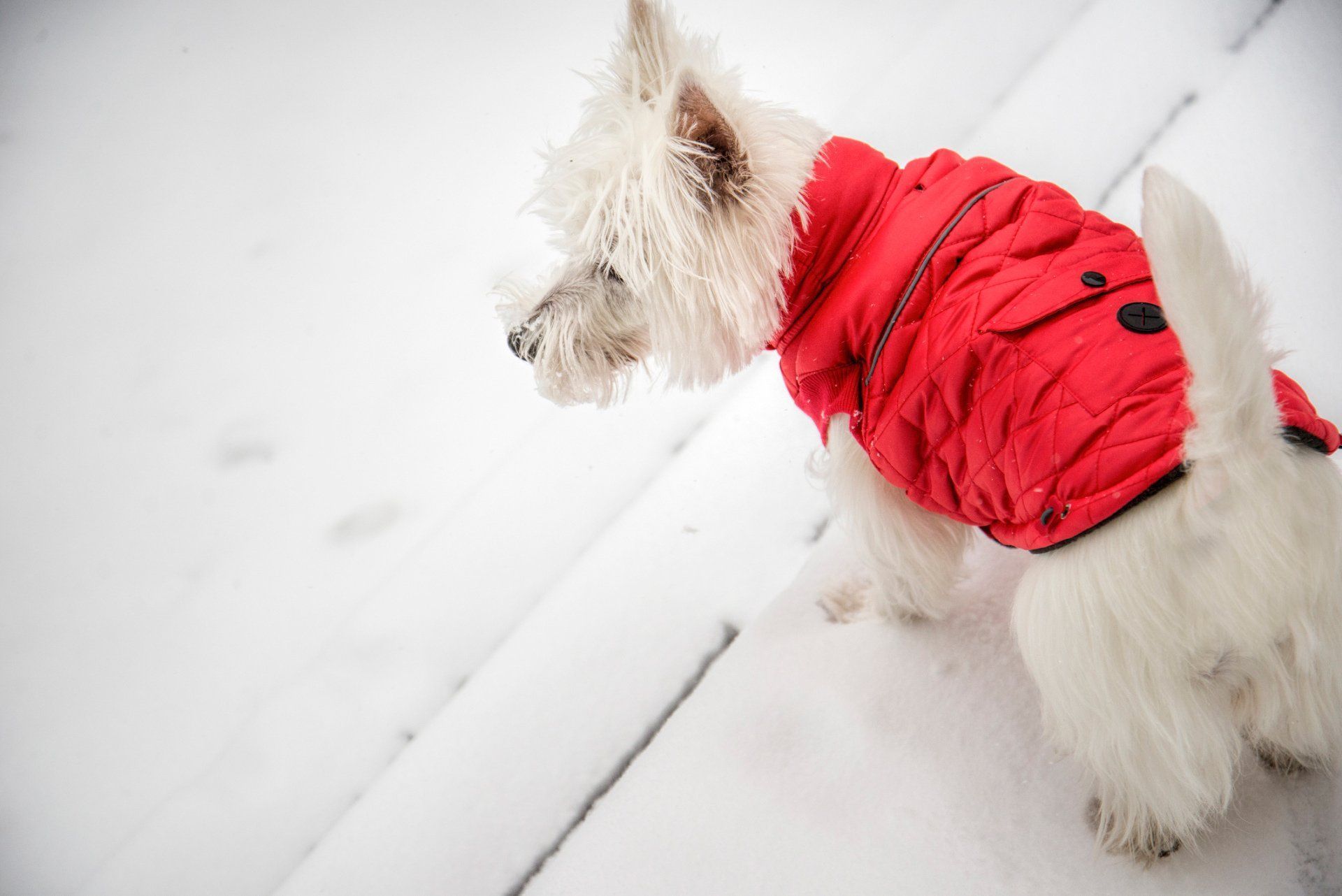4 Health Issues That Can Affect Your Pet's Coat

Dogs and cats sport a variety of coat lengths and thicknesses, from the heavy double coats that keep some animals warm in the winter to coats that simply grow longer and longer instead of shedding. However, regardless of your pet's individual coat characteristics, you should watch out for changes that might indicate health problems.
If you notice that your pet's coat seems unusually sparse, dry, oily, or generally messy looking, you'll want to learn what you can about the effects of different health threats on a pet's coat, along with the right responses to restore your pet's coat quality and overall wellness. Ask your veterinarian about the following four potential issues.
1. Nutritional Problems
Like so many other aspects of an animal's well-being, your pet's coat quality depends, to a great degree, on proper nutrition. Cheap, poor-quality pet food often includes fillers and other substandard ingredients that make the food harder to digest. Underlying digestive disorders can also inhibit your pet's ability to process nutrients.
Sometimes the lack of a specific type of nutrient can trigger specific coat symptoms. For instance, if your pet doesn't get enough fatty acids in its diet, it may develop a dry, dull coat as well as dandruff. Your veterinarian may recommend that you supplement your pet's diet with additional fats, vitamins, or minerals.
2. Infections and Infestations
Dogs and cats can develop skin and coat issues due to a problem called ringworm. Contrary to what you might assume, ringworm doesn't involve parasitic worms. Instead, it stems from a fungal infection. The Microsporum canis fungus that causes ringworm may spread through contact with contaminated bedding and other materials.
Ringworm causes itchy, crusty, ring-shaped lesions on the skin. At the same time, it causes the hair over the affected skin to grow brittle and fall out, leaving little bald patches on your pet. The condition will probably go away without treatment, but this natural resolution may take months. Antifungal drugs and topical ointments can help.
Mite infestations can cause a skin condition called sarcoptic mange. This condition typically leads to severe hair loss in pets, especially on the legs and belly. Your veterinarian can treat sarcoptic mange with oral, topical, or injected medications.
3. Hormonal Imbalances
If your pet's hair has grown thin, the problem may lie in a hormonal imbalance. For instance, abnormally low levels of thyroid hormone can make a pet's coat appear thin and dull. The lack of insulin that causes diabetes can also cause hair loss. Hair loss that limits itself to your pet's torso may point to a hormonal problem called Cushing's disease.
Veterinarians can often treat these issues with hormone therapy. Even if your pet suffers from a chronic disease that limits hormone production, regular treatment with supplemental hormones can restore the biochemical balance, restoring your pet's coat in the process.
4. Grooming Problems
Pets instinctively groom or lick their hair from time to time. Cats in particular can engage in lengthy, fastidious grooming sessions to keep their coats sleek, clean, and well-kept. However, grooming by tongue requires physical flexibility. If your pet has trouble grooming itself, it may suffer from arthritis or another painful musculoskeletal issue.
Obesity can also get in the way of proper grooming practices. If your pet's grooming seems to have grown less successful as its body has grown larger, schedule a wellness exam so your veterinarian can determine whether your pet needs to lose weight, not just for grooming purposes but to help preserve its overall health.
Acute stress can cause a pet to over-groom itself. For instance, a stressed-out cat may lick its coat obsessively enough to create patches of hair loss, a behavioral problem called psychogenic alopecia. You may resolve this issue by identifying and removing the stress triggers in your pet's life.
If your pet's coat just doesn't look or feel like it should, schedule an appointment for your furry friend at South San Diego Veterinary Hospital. Our team can administer laboratory tests and other diagnostics to find the cause of the problem and then recommend the appropriate lifestyle changes or medical treatment measures.
CONTACT INFORMATION
Business Hours:
- Mon - Fri
- -
- Saturday
- -
- Sunday
- Closed








